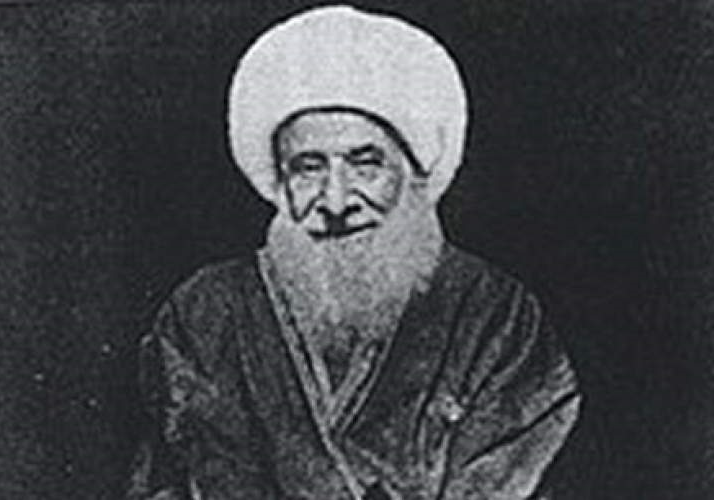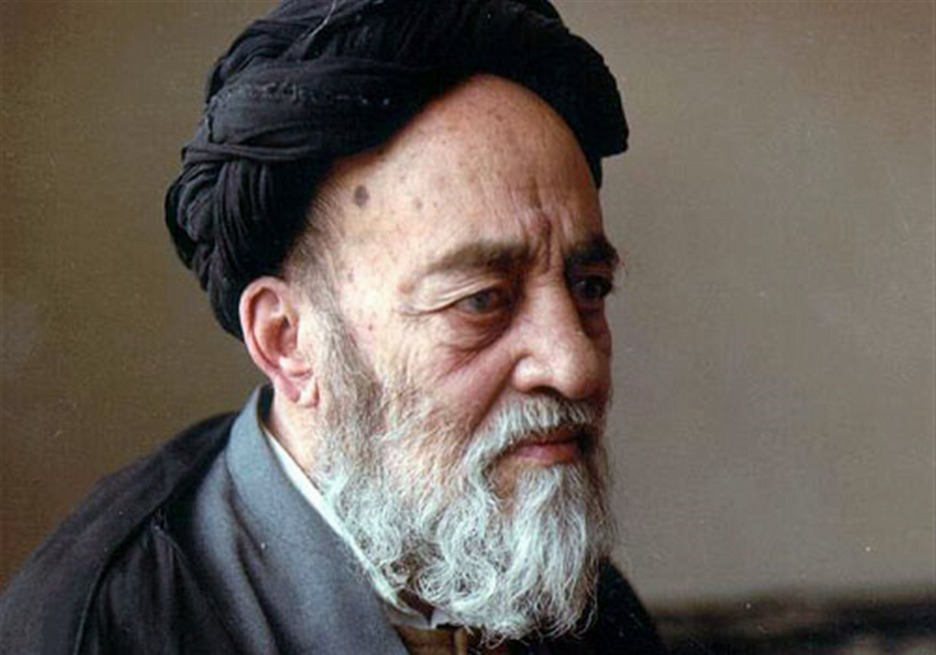
Zakariya al-Razi
Γεννημένος στην πόλη Rey το έτος 865 μ.Χ., ο Abu-Bakr Mohammad ibn Zakariya Razi είναι διάσημος Ιρανός γιατρός, φιλόσοφος και αλχημιστής, ο οποίος είναι ευρέως γνωστός ως το άτομο που ανακάλυψε το αλκοόλ, το θειικό οξύ και την κηροζίνη, και όπως δικαίως όπως είπε ο George Sarton, ο ιδρυτής του κλάδου της ιστορίας της επιστήμης, ο Razi ήταν ο μεγαλύτερος γιατρός του Ιράν και του κόσμου κατά τους μεσαιωνικούς αιώνες.
Ο Razi πέρασε την παιδική του ηλικία, την εφηβεία και τη νεότητά του στην πόλη Ρέι. Είναι γνωστό ότι έπαιζε ούτι στα νιάτα του και μερικές φορές είχε συνθέσει ποιήματα. Αργότερα στράφηκε στη χρυσοχοΐα και μετά στην αλχημεία. Σπούδασε ιατρική όταν ήταν μεσήλικας. Ο Razi είναι ένας από τους γιατρούς του οποίου οι ιδέες χρησιμοποιούνται και στη σύγχρονη ιατρική.
Πολλοί γιατροί και ερευνητές έχουν επωφεληθεί από τα βιβλία και τις πραγματείες του Razi για αιώνες. Ο Ibn Khallikan, ο Arturo Castiglioni και πολλοί άλλοι αναφέρθηκαν στον Razi ως τον πρωτοπόρο των γιατρών γενικής ιατρικής και των κλινικών γιατρών. Θα μπορούσαμε να πούμε ότι ο Razi ήταν ένας από τους πρώτους γιατρούς που εισήγαγε τους πειραματισμούς και τις ιατρικές εξετάσεις στην ιατρική και ήταν ο πρώτος που έκανε διάκριση μεταξύ της ευλογιάς και της ιλαράς. Αν και ο Razi είναι γνωστός ως γιατρός, ορισμένοι ιστορικοί τον αναφέρουν ως «χειρουργό». Ο Razi ξεκίνησε να σπουδάζει χημεία πριν την ιατρική και μπορούμε να πούμε ότι είναι ο ιδρυτής της σύγχρονης χημείας.
Ο Razi ήταν καλός άνθρωπος και επιμελής στην εκπαίδευσή του. Έδινε ιδιαίτερη προσοχή στους ασθενείς του και ήταν πολύ ευγενικός με τους φτωχούς και τους άπορους. Σε αντίθεση με πολλούς γιατρούς που είχαν μεγαλύτερη τάση να θεραπεύουν βασιλιάδες, πρίγκιπες και ευγενείς, ο Razi ασχολήθηκε με τη θεραπεία απλών ανθρώπων. Πίστευε ότι ένας εξέχων γιατρός πρέπει να είναι και φιλόσοφος. Δεν ακολούθησε, όμως, τις κοινές φιλοσοφικές ιδέες της εποχής του, και είχε τις δικές του ιδέες, με αποτέλεσμα να συκοφαντηθεί από φιλοσόφους που ήταν σύγχρονοί του και ακόμη και από άλλους μεταγενέστερα. Ο Razi μπορεί να θεωρηθεί η πιο εξέχουσα μορφή του ορθολογισμού και του εμπειρισμού στον ιρανικό πολιτισμό. Ο Razi είχε επίσης τις αρχές του στη μεταφυσική και την κοσμολογία.
Ο Mohammad Zakariya Razi έχει στο ενεργητικό του 271 βιβλία, πραγματείες και άρθρα στους τομείς της ιατρικής, της χημείας και της φαρμακευτικής, της φιλοσοφίας, της μεταφυσικής, της κοσμολογίας, της λογικής, των μαθηματικών και της αστρονομίας, της θεολογίας κ.λπ., μεταξύ των οποίων αναφέρουμε τα : Al-Hawi, Al-Kanash al-Mansouri, Al-Murshid, Man la Yahduruhu Al-Tabib, Kitab al-Judari wa al-Hasbah, (Μια πραγματεία για την ευλογιά και την ιλαρά), Τρόφιμα και πόσο επιβλαβή είναι, Al-Abdal, κ.λπ. Ορισμένα μέρη, πλατείες, ιδρύματα, σύλλογοι, πανεπιστήμια, γλυπτά κ.λπ. έχουν πάρει το όνομά τους από τον Razi στο Ιράν και στον κόσμο. Τον Ιούνιο του 2009, ένα κτίριο σε μορφή chahartaq με συνδυασμό αχαιμενιδικών και ισλαμικών αρχιτεκτονικών στοιχείων ανεγέρθηκε στους χώρους του Γραφείου των Ηνωμένων Εθνών στη Βιέννη, με αγάλματα τεσσάρων Ιρανών φιλοσόφων, του Χαγιάμ, του Abu Rihan al-Biruni, του Zakaria Razi και του Αβικένα.
Ο Razi τυφλώθηκε προς το τέλος της ζωής του και υπάρχουν διάφορες ιστορίες για την αιτία της τύφλωσής του. Ίσως η συνεχής δουλειά με χημικά είχε σαν αποτέλεσμα να χάσει την όρασή του. Πέθανε στη γενέτειρά του, το Ρέι, το έτος 930 μ.Χ. Η τοποθεσία του τάφου του είναι άγνωστη. Η 27η Αυγούστου, που συμπίπτει με τα γενέθλια του Zakariya Razi, έχει οριστεί ως Ημέρα Φαρμακοποιού στο Ιράν.
| Όνομα | Zakariya al-Razi |
| Χώρα | Ιράν |
_(AD_865_-_925)_Wellcome_L0005053_crop.jpg)
_(AD_865_-_925)_Wellcome_L0005053_crop.jpg)
Choose blindless
Red blindless Green blindless Blue blindless Red hard to see Green hard to see Blue hard to see Μονόχρωμος Ειδική ΜονόχρωμηΑλλαγή μεγέθους γραμματοσειράς:
Αλλαγή απόστασης λέξεων:
Αλλαγή ύψους γραμμής:
Αλλαγή τύπου ποντικιού:
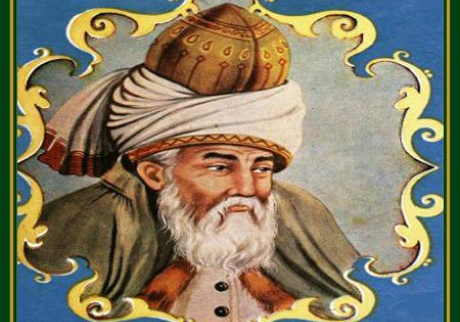




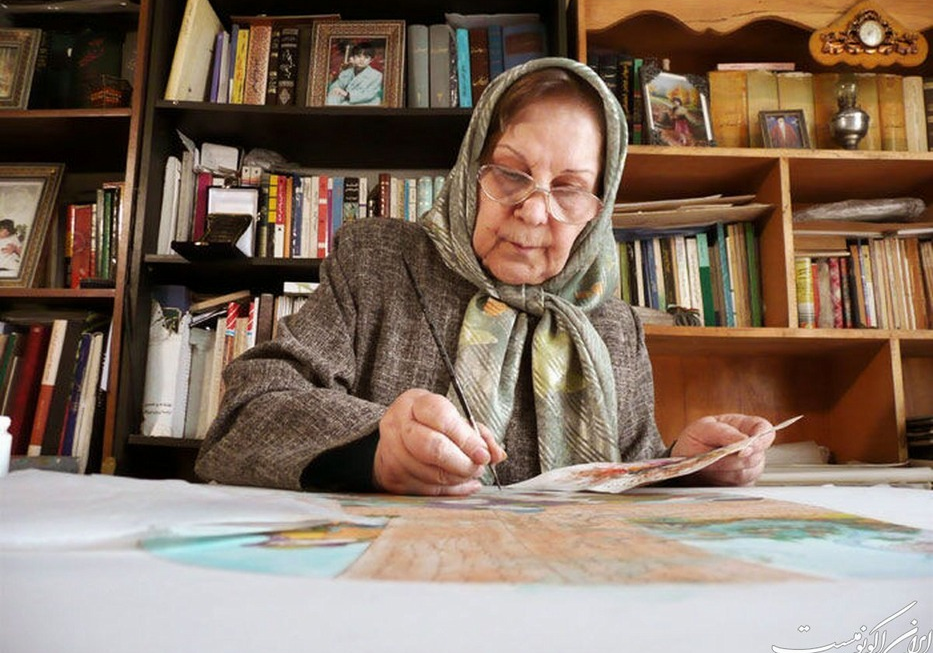
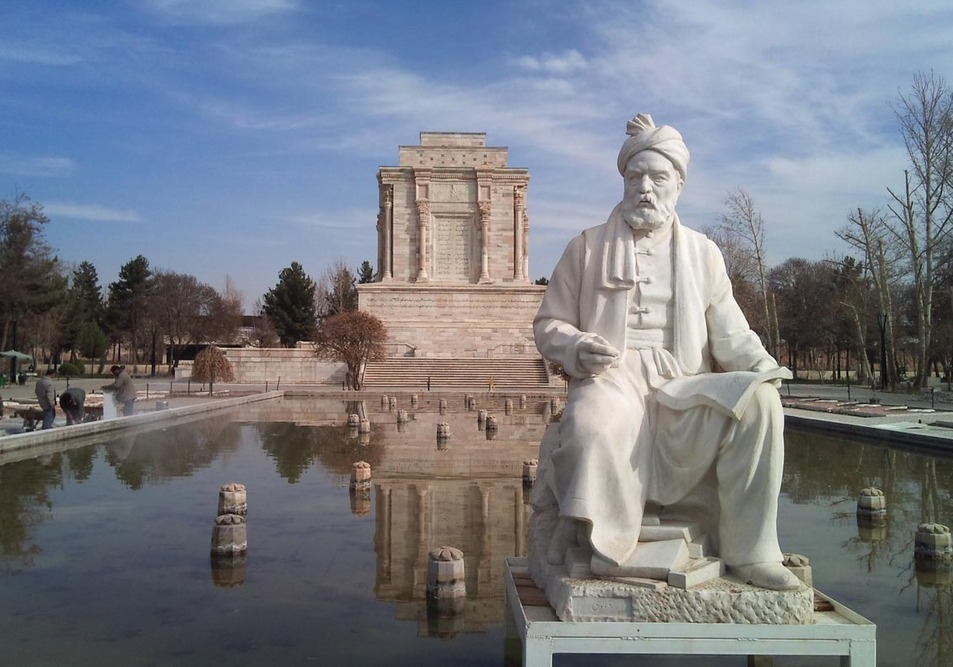
_crop.jpg)



